The phrase “bread and circuses” originates from the Roman poet Juvenal, who criticized the Roman Empire for pacifying its citizens through superficial means rather than addressing deeper societal and political issues. The Latin term “panem et circenses” has since become a symbol of how leaders maintain control over populations by distracting them with basic needs and entertainment, sidelining meaningful engagement with civic life.
Historical Origins: Ancient Rome’s Strategy
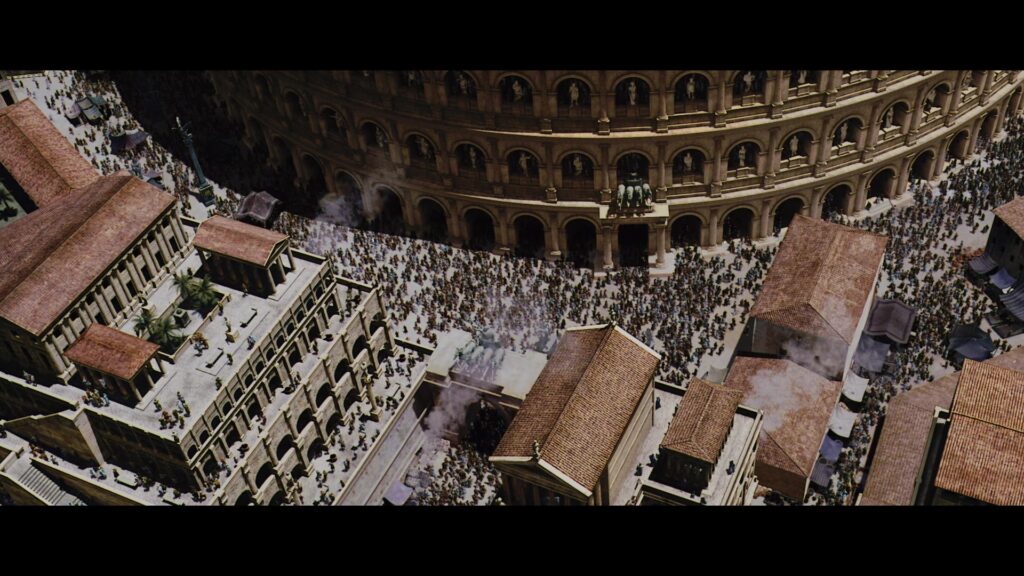
In ancient Rome, bread and circuses referred to the government’s provision of free grain and elaborate public spectacles, such as gladiator games, chariot races, and theatrical performances. These measures were designed to placate the masses, ensuring social stability and reducing dissent among Rome’s poor and unemployed.
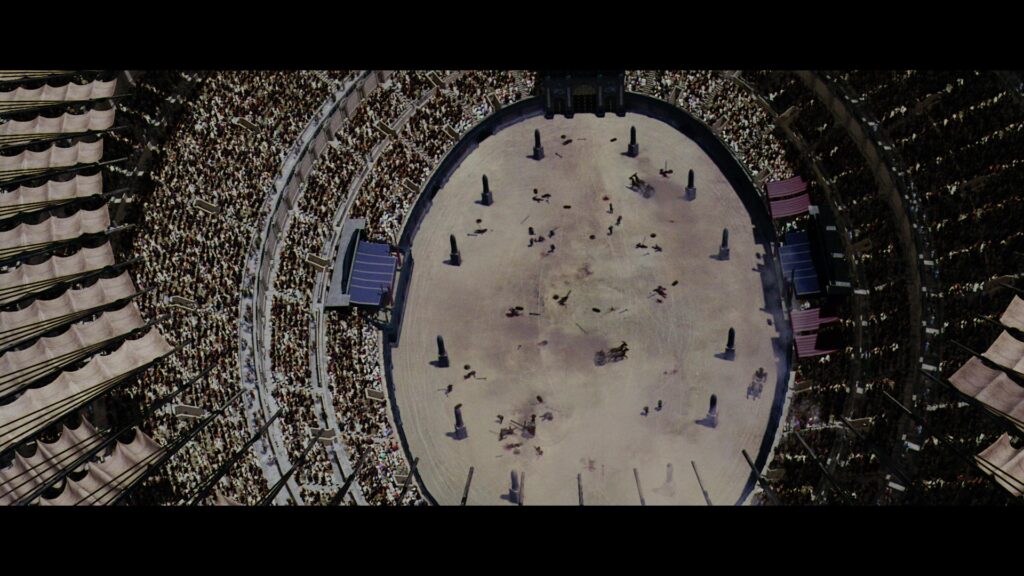
The Roman ruling class recognized that by meeting basic needs (bread) and providing distractions (circuses), they could secure public loyalty without addressing systemic inequalities or expanding political rights. It was an effective way to maintain power while avoiding costly reforms or addressing societal grievances.
The Mechanisms of Bread and Circuses
The strategy relies on two key elements:
1. Basic Material Needs
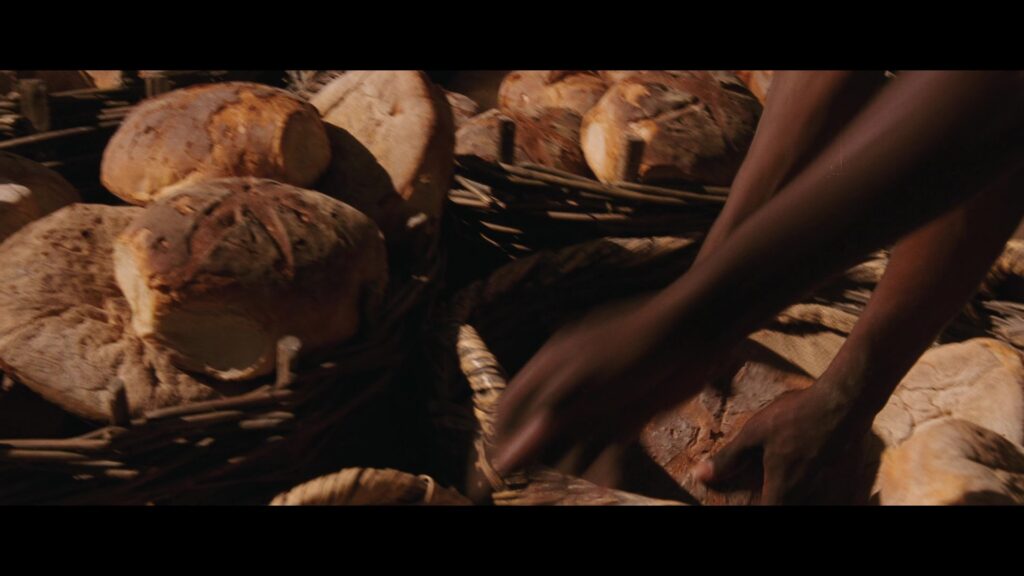
By ensuring citizens’ basic survival, such as access to food or shelter, rulers reduce immediate discontent. This creates a sense of dependency on the state.
2. Entertainment as Distraction
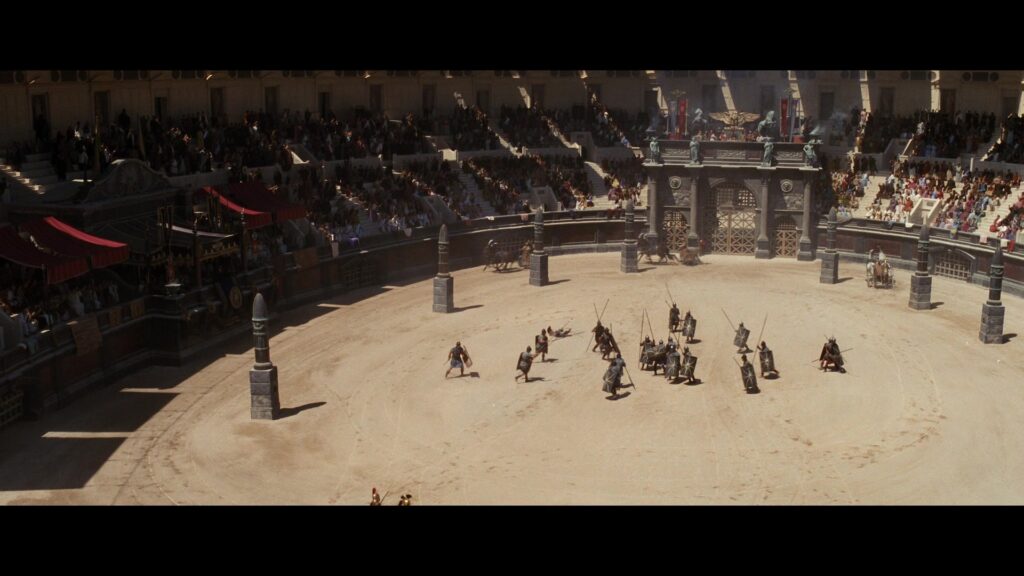
Spectacles such as sports events, media, or festivals draw public attention away from pressing issues like corruption, inequality, or human rights abuses.
In modern times, mass media, social media trends, and consumer culture serve similar roles in distracting populations.
Modern Applications of Bread and Circuses
The concept remains relevant in contemporary society. Governments, corporations, and media outlets often employ similar tactics to manage public sentiment or distract from structural problems. Examples include:
1. Political Contexts
Leaders may deflect criticism by focusing public attention on grand events, such as hosting international sporting competitions, while ignoring underlying political or economic challenges.
Welfare programs or subsidies are sometimes implemented without addressing systemic inequality, serving as temporary fixes rather than long-term solutions.
2. Consumerism and Entertainment
The rise of consumer culture and 24/7 entertainment through streaming platforms, social media, and reality TV often keeps individuals preoccupied, limiting their focus on civic responsibilities or activism.
Celebrity scandals or viral trends can overshadow more significant news, such as policy debates or social justice movements.
3. Economic and Social Policies
In some cases, governments prioritize short-term economic handouts or tax cuts to appease voters, sidestepping meaningful reforms to healthcare, education, or infrastructure.
Examples of Consumerism
1. Fast Fashion
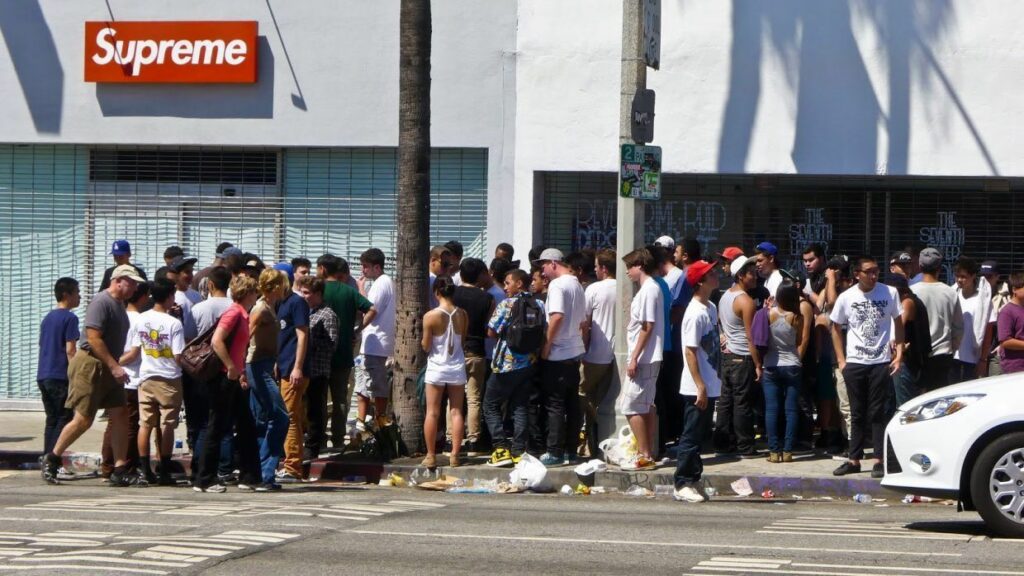
Brands like H&M and Zara constantly release new collections, encouraging overconsumption and fostering a “disposable” culture around clothing.
2. Tech Gadgets
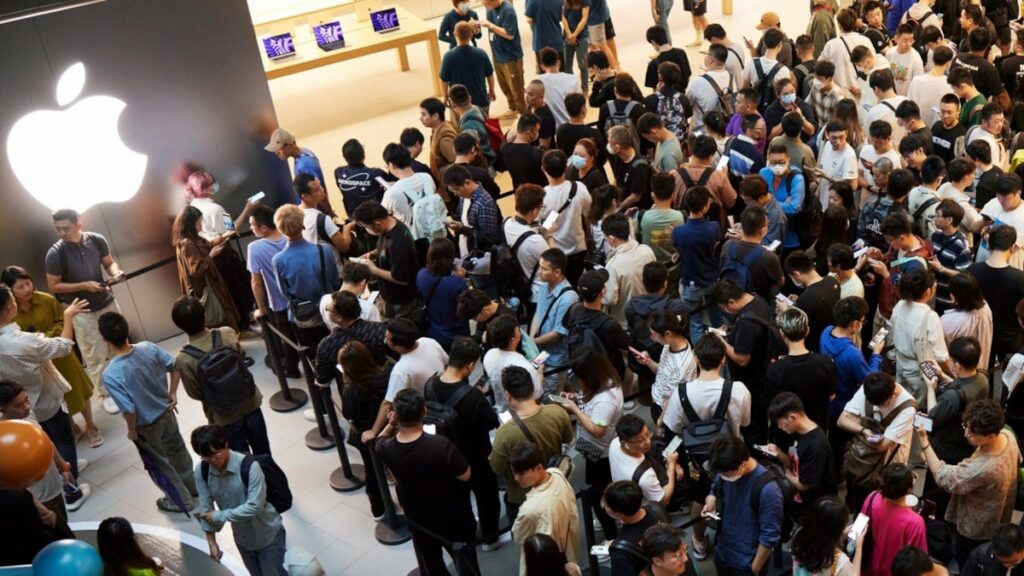
Companies like Apple and Samsung push frequent product upgrades, creating demand for the latest models despite minimal innovation.
3. Black Friday and Sales Events

Mass advertising of limited-time sales encourages impulsive buying, often leading to purchases of non-essential items.
4. Fast delivery

E-commerce platforms like Amazon and Shopee capitalize on convenience and affordability by offering fast delivery services and competitively low prices, fostering consumer dependency on their ecosystems.
Examples of Entertainment
1. Streaming Platforms
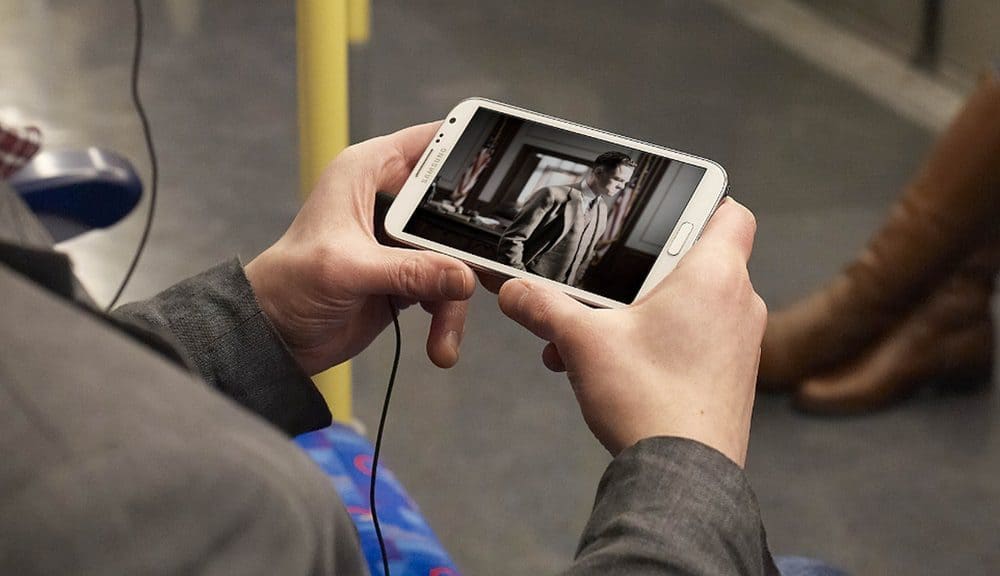
Services such as Netflix, Disney+, and YouTube dominate leisure time, offering endless content that often distracts from real-world concerns.
2. Sports Events
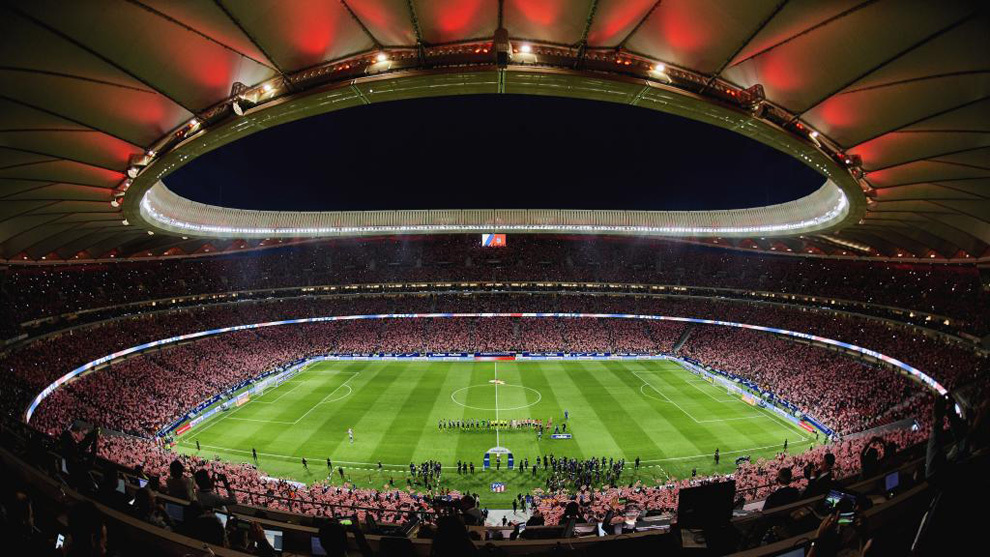
Major leagues like the NFL or global tournaments like the FIFA World Cup draw millions of viewers, providing escapism but also driving consumer spending on merchandise and advertisements.
3. Celebrity Culture

Social media platforms amplify celebrity lifestyles, encouraging idolization and emulation through luxury goods, beauty products, and experiences.
4. Video Games

Franchises like Fortnite or Call of Duty not only entertain but also generate billions through in-game purchases, often targeting younger audiences.
These industries capitalize on human desire for leisure and status, which can both enrich lives and distract from critical engagement with societal and environmental issues.
Criticism of the Concept
Critics argue that the bread and circuses approach undermines democratic participation and civic engagement. By prioritizing distraction over substance, societies risk creating apathetic populations disconnected from political realities. Over time, this can erode trust in institutions, deepen inequalities, and hinder social progress.
Lessons from Bread and Circuses
Understanding this concept is essential for fostering awareness and resilience. While entertainment and material needs are important, societies must also encourage critical thinking, civic engagement, and systemic reforms to ensure long-term prosperity and justice.
As Juvenal’s critique suggests, citizens and leaders alike must strive to avoid the pitfalls of complacency and distraction.
By recognizing the dynamics of bread and circuses, individuals can make more informed decisions about their engagement with society, ensuring that their voices contribute to meaningful change rather than being drowned out by superficial diversions.
An endless loop
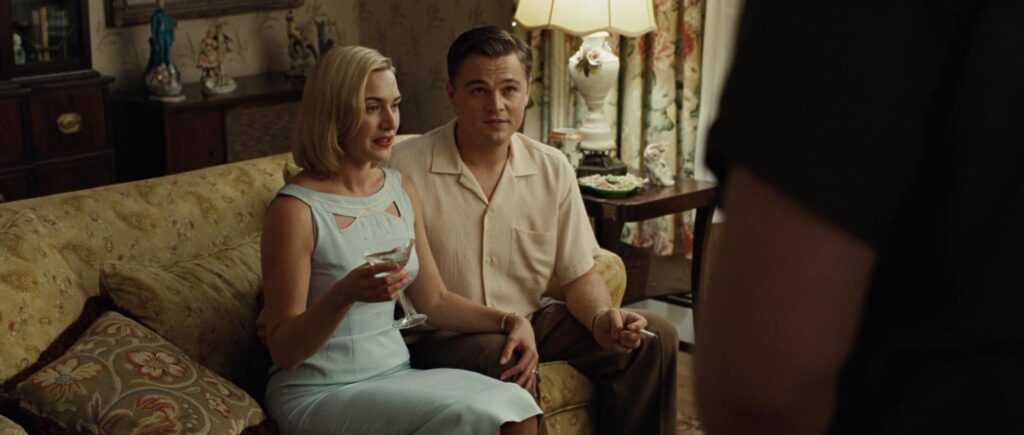
The concept of “bread and circuses,” which refers to distractions provided to keep the public complacent and disengaged from critical issues, can indeed be linked to the sense of hopeless emptiness portrayed in works like Revolutionary Road by Richard Yates. The novel examines the alienation and dissatisfaction of individuals trapped in the trappings of suburban life, which can be seen as a modern manifestation of “bread and circuses.”
In Revolutionary Road, the characters Frank and April Wheeler experience an existential void despite their seemingly comfortable lives. Their pursuit of material success and social conformity parallels the distractions of entertainment and consumerism that “bread and circuses” represent. These distractions fail to address deeper human needs for purpose, connection, and authenticity, leading to disillusionment and despair.
The hopeless emptiness depicted in Revolutionary Road can be interpreted as a critique of a society that prioritizes superficial comforts over meaningful engagement. It suggests that, much like in the Roman concept of “bread and circuses,” the promise of stability and pleasure can mask deeper systemic and personal failures, ultimately leaving individuals unfulfilled.
In this sense, the novel and the concept converge: both highlight the danger of mistaking distractions for genuine fulfillment and the need for individuals to challenge systems that perpetuate this cycle.
The difference with genuine fulfillment
The difference between genuine fulfillment and “bread and circuses” lies in the depth and sustainability of the satisfaction they provide.

Genuine Fulfillment stems from meaningful activities and pursuits that contribute to personal growth, societal improvement, or emotional well-being. It is rooted in intrinsic values, such as love, connection, self-realization, and making a positive impact on the world. Fulfillment comes from pursuing goals that align with one’s core beliefs, whether it’s through learning, contributing to a cause, or forming deep relationships. This sense of satisfaction is enduring because it is grounded in purpose and authenticity.

Bread and Circuses, on the other hand, refers to shallow distractions designed to placate the masses without addressing their real needs or underlying social issues. This concept, which originated in ancient Rome, describes the use of superficial entertainment and material comforts to keep people passive and content, preventing them from questioning the status quo or engaging in meaningful societal change. While it can provide temporary pleasure, it ultimately fosters emptiness and dependency, as it distracts from the deeper, more challenging aspects of life.
In summary, while “bread and circuses” offers fleeting enjoyment, genuine fulfillment is lasting and rooted in deeper, more meaningful aspects of life. The former seeks to divert and pacify, while the latter empowers individuals and communities to live purposefully.
How to free ourselves from Bread and Circuses
Freeing ourselves from the modern phenomenon of “bread and circuses” — the distractions of consumerism, entertainment, and superficial rewards — requires a conscious and deliberate effort to prioritize meaningful engagement and authentic living. Here’s how to break away from this cycle:
1. Cultivate Awareness
- Understand the Concept: Recognize how systems may use entertainment and material incentives to divert attention from critical issues.
- Identify Personal Triggers: Reflect on your habits. Are you overly reliant on entertainment or shopping to escape stress or boredom?
2. Limit Distractions
- Set Boundaries: Reduce time spent on social media, streaming services, or frivolous consumption.
- Practice Digital Minimalism: Unfollow accounts that promote materialism or trivial distractions and curate your feed to reflect your values.
3. Engage with the World
- • Stay Informed: Read reputable sources of news and engage with diverse perspectives to develop a nuanced understanding of societal issues.
- Participate in Civic Life: Volunteer, vote, or join local organizations to be an active part of your community.
4. Foster Meaningful Connections
- Build Relationships: Prioritize real-life interactions over superficial online connections.
- Engage in Dialogue: Discuss meaningful topics with friends and family to deepen understanding and strengthen bonds.
5. Prioritize Personal Growth
- Seek Knowledge: Read books, take courses, or explore new skills that challenge and expand your thinking.
- Develop Hobbies: Pursue activities that provide joy and fulfillment beyond consumption.
6. Adopt a Minimalist Mindset
- Focus on Essentials: Emphasize quality over quantity in possessions, experiences, and relationships.
- Resist Consumer Culture: Question whether purchases align with your values or are merely filling a void.
7. Advocate for Change
- Challenge the System: Speak out against policies or systems that prioritize profit and distraction over genuine societal well-being.
- Support Alternatives: Back initiatives, creators, or organizations that emphasize substance, education, and ethical practices.
8. Practice Mindfulness
- Stay Present: Engage fully with the moment rather than seeking constant external stimuli.
- Reflect Regularly: Evaluate whether your daily choices align with your long-term goals and values.
By focusing on intentional living, education, and community involvement, it’s possible to break free from the cycle of distractions and live a life centered on purpose and authenticity.
Conclusion
The concept of “bread and circuses” serves as a timeless cautionary tale about the dangers of prioritizing superficial comforts and distractions over meaningful engagement with societal issues. While it originates from ancient Rome, its relevance persists in modern contexts where consumerism, entertainment, and political strategies often divert attention from systemic problems and civic responsibilities.
Breaking free from this cycle requires critical thinking, active participation in civic life, and a conscious effort to prioritize long-term well-being over instant gratification. By recognizing the parallels between past and present, individuals and societies can strive to build a culture that values substance over spectacle, ensuring that progress is rooted in awareness, equity, and accountability.
Ultimately, the enduring lesson of “bread and circuses” is that true fulfillment and societal growth come not from distractions but from grappling with the challenges that define our collective humanity.


GIPHY App Key not set. Please check settings